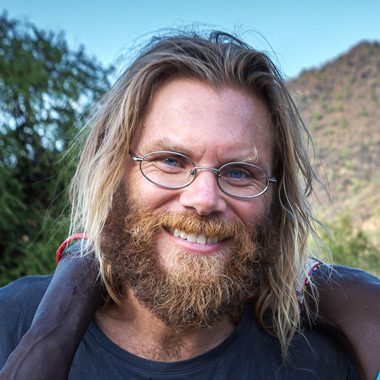Comprising over 12 million individuals, the Bakongo people are one of the largest Bantu-speaking groups in Central Africa. They developed agriculture and commerce and became the founders of the Kongo Kingdom in the 15th century. The descendants of this powerful African kingdom were colonized in the 19th century by the Belgians, the French and the Portuguese. Their culture was heavily eroded, and in the biggest cities of both Congos a ‘new tribe’ of urban Bakongo appeared: the Sapeurs.
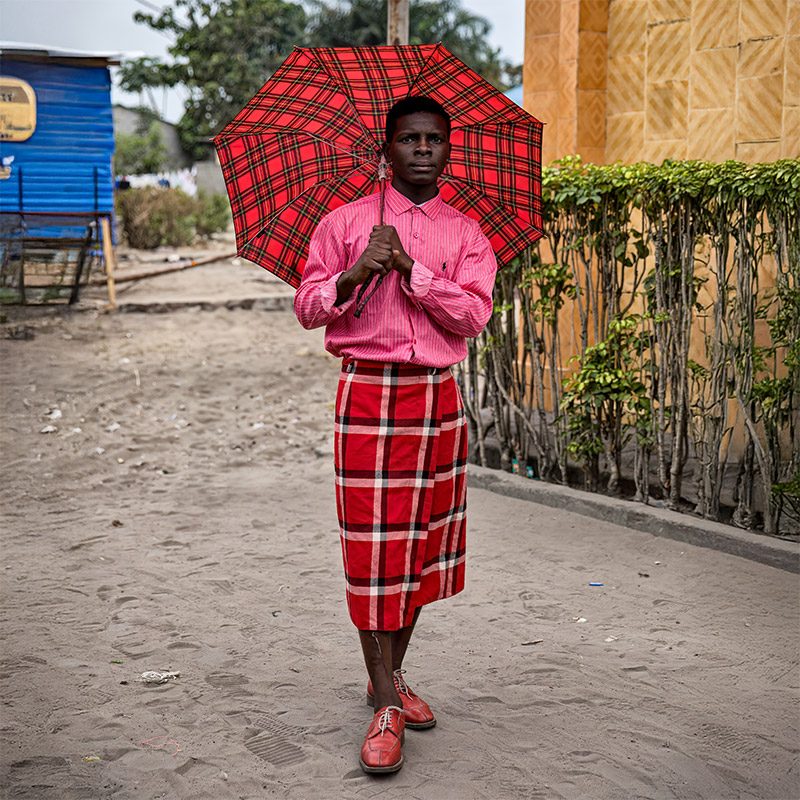
The Sapeurs: a unique subculture in Africa
The Sapeurs are the members of the SAPE (Société des Ambianceurs et des Personnes Élégantes), a unique phenomenon that combines fashion with cultural expression in the Republic of Congo and the Democratic Republic of Congo.
For the Sapeurs, dressing with style is not just a matter of appearance, but a true philosophy of life. Despite living in resource-limited environments, they invest in high-end outfits from designers such as Yves Saint Laurent, Gucci or Kenzo. However, wardrobe is not everything: sapeurs follow a strict code of behaviour based on respect, non-violence and chivalry.
Being a sapeur means embodying elegance in both dress and attitude. Their motto is: “It’s not what you have, but how you wear it.”
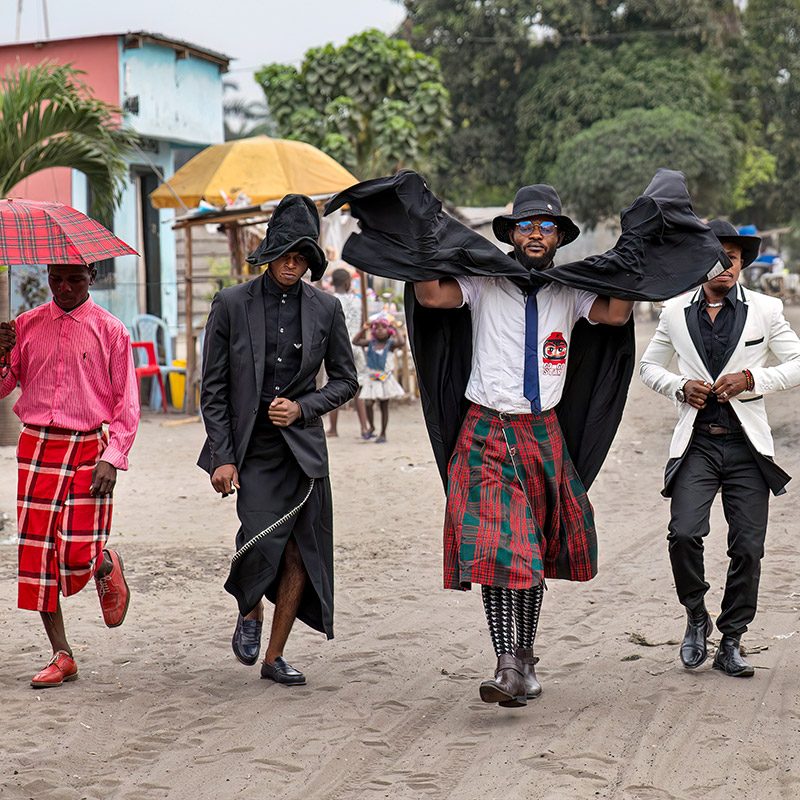
Origins
The sapeur movement has its roots in colonial times, when Africans working for French colonists adopted European style as a symbol of status and modernity. During the 1960s and 1970s, the sapeur established itself as a subculture, influenced by Parisian fashion and the rise of African music.
Sapeurs began meeting in bars and clubs to show off their outfits and share their love of fashion. Over time, SAPE became a form of cultural resistance, where clothing became a means of expression and personal pride.
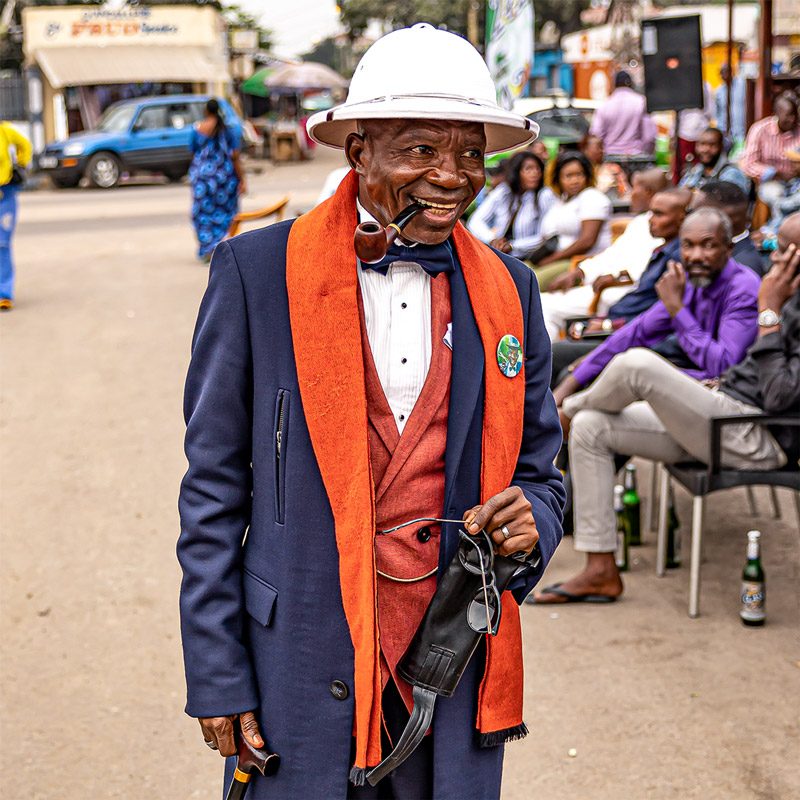
The Style of the Sapeurs: More than Fashion
The Sapeurs follow strict rules in their clothing. Although haute couture suits are the key piece of their attire, the combination of colors is essential. No more than three colours are allowed in the same outfit, as harmony and aesthetics are essential to achieve the perfect look.
In addition, accessories such as ties, hats and shoes play an important role in the image of the sapeurs, who take care of every detail to project elegance and sophistication.
Beyond clothing, the sapeurs maintain a serene and refined attitude. They do not participate in conflicts or acts of violence, as SAPE promotes peace and respect. For them, being a sapeur is a lifestyle based on dignity and self-expression.
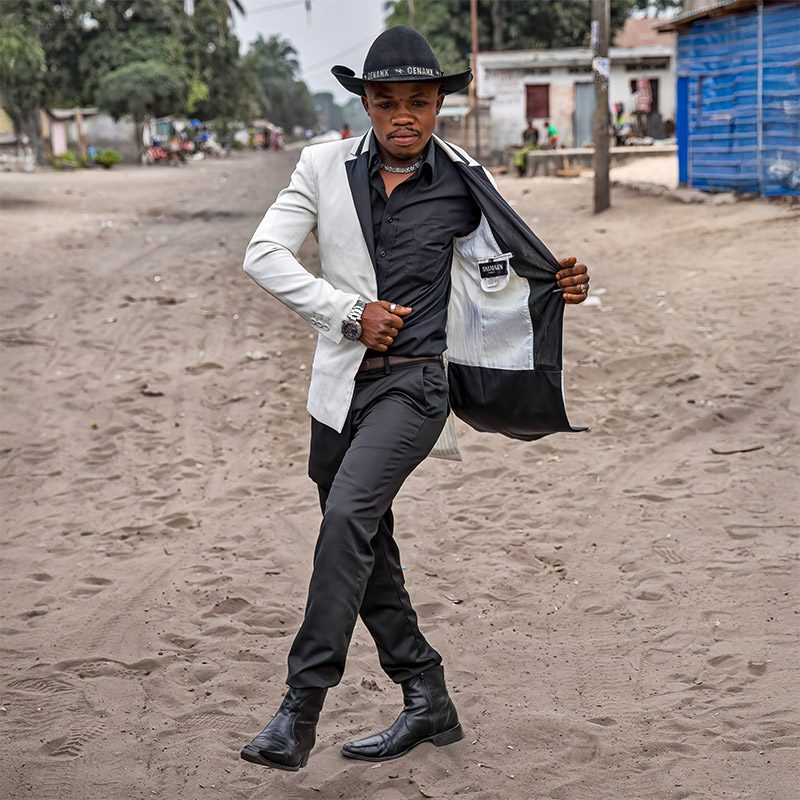
The Cultural Impact of the Sapeurs
The sapeur movement has transcended the borders of Africa and has captured the attention of photographers, designers and luxury brands. In 2008, photographer Daniele Tamagni published the book "Gentlemen of Bacongo", which documents the life of the sapeurs in Brazzaville, making their culture known worldwide.
In addition, the sapeurs have appeared in advertising campaigns for brands, such as Guinness, and have influenced artists and musicians, who have adopted their style in music videos and shows.
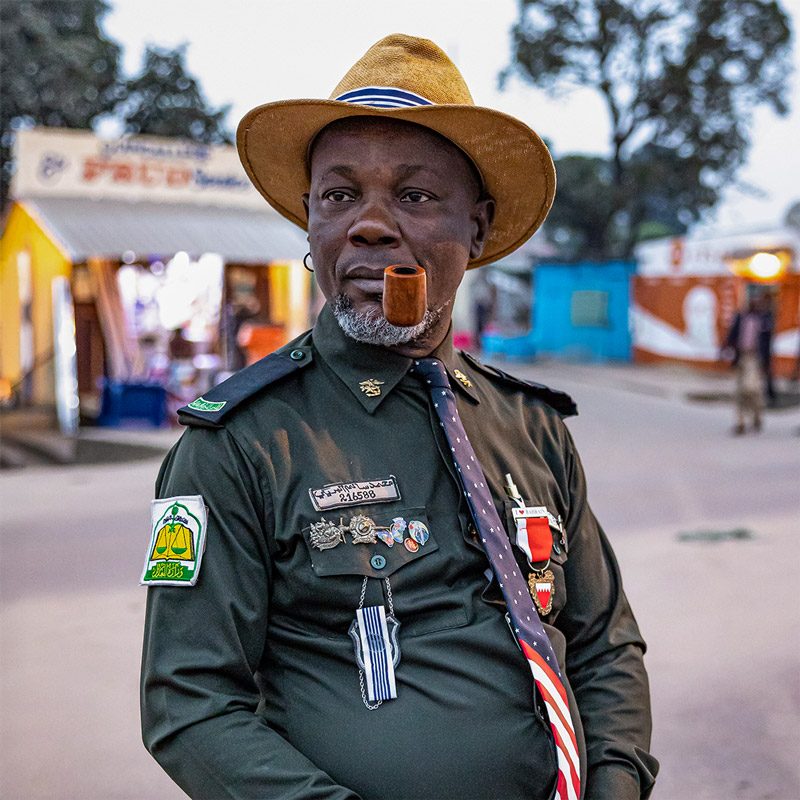
Discover the Sapeurs with Last Places
At Last Places, we have had the opportunity to meet the sapeurs up close during our trips to the Republic of Congo and the Democratic Republic of the Congo. We have immersed ourselves in the streets of cities such as Brazzaville and Kinshasa, where we have interacted with the sapeurs, appreciating their unique style that contrasts with the abandoned buildings of these vibrant African megalopolises.
Since 2018, we have explored the D. R. of the Congo and have fallen in love with this chaotic and wonderful Central African nation. Each trip has allowed us to meet new sapeurs, understand their philosophy and capture the essence of a movement that is much more than fashion: it is a way of life.
Our travelers have had the opportunity to talk to the sapeurs, listen to their stories, and see firsthand how elegance is their way of defying daily adversities. Capturing their essence in photographs or sharing a chat with them is an enriching and unforgettable cultural experience. Click here to see our upcoming trips to the D. R. of the Congo.
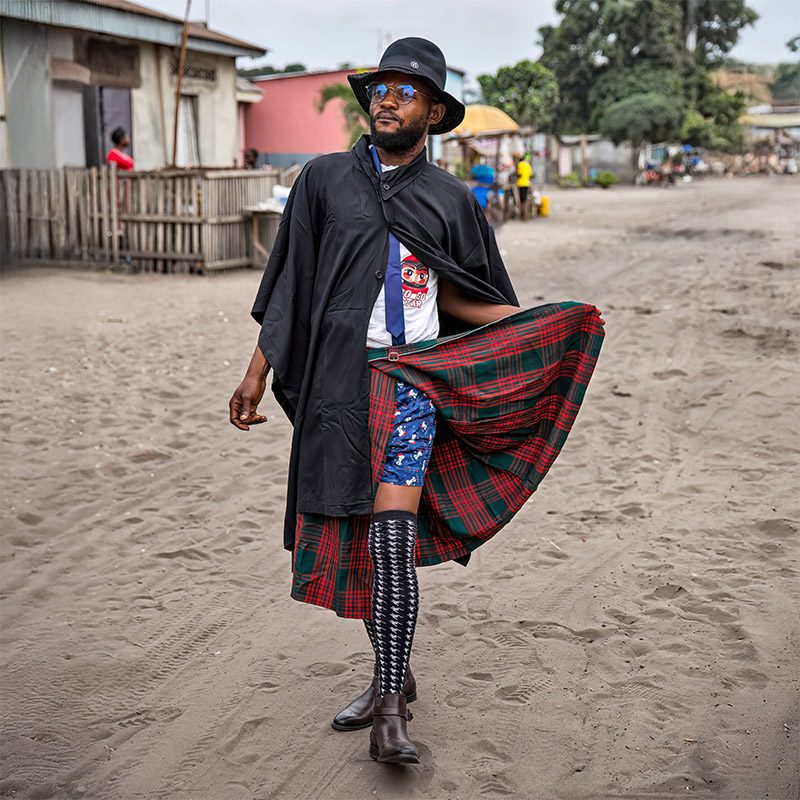
Fashion, Dignity and Cultural Resilience
Sapeurs represent a fascinating mix of cultural resilience and passion for fashion. Despite economic challenges, sapeurs keep alive a tradition of elegance that defies expectations and celebrates African identity. Their story is a testament to the power of fashion as a form of expression and cultural resilience.
Exploring the world of sapeurs with Last Places is not only a visually stunning experience, but also a lesson in dignity, resilience and creativity at its finest.
© Photographs by Jordi Zaragozà Anglès and Xavi de las Heras taken of sapeurs during trips to the D.R. of Congo.
